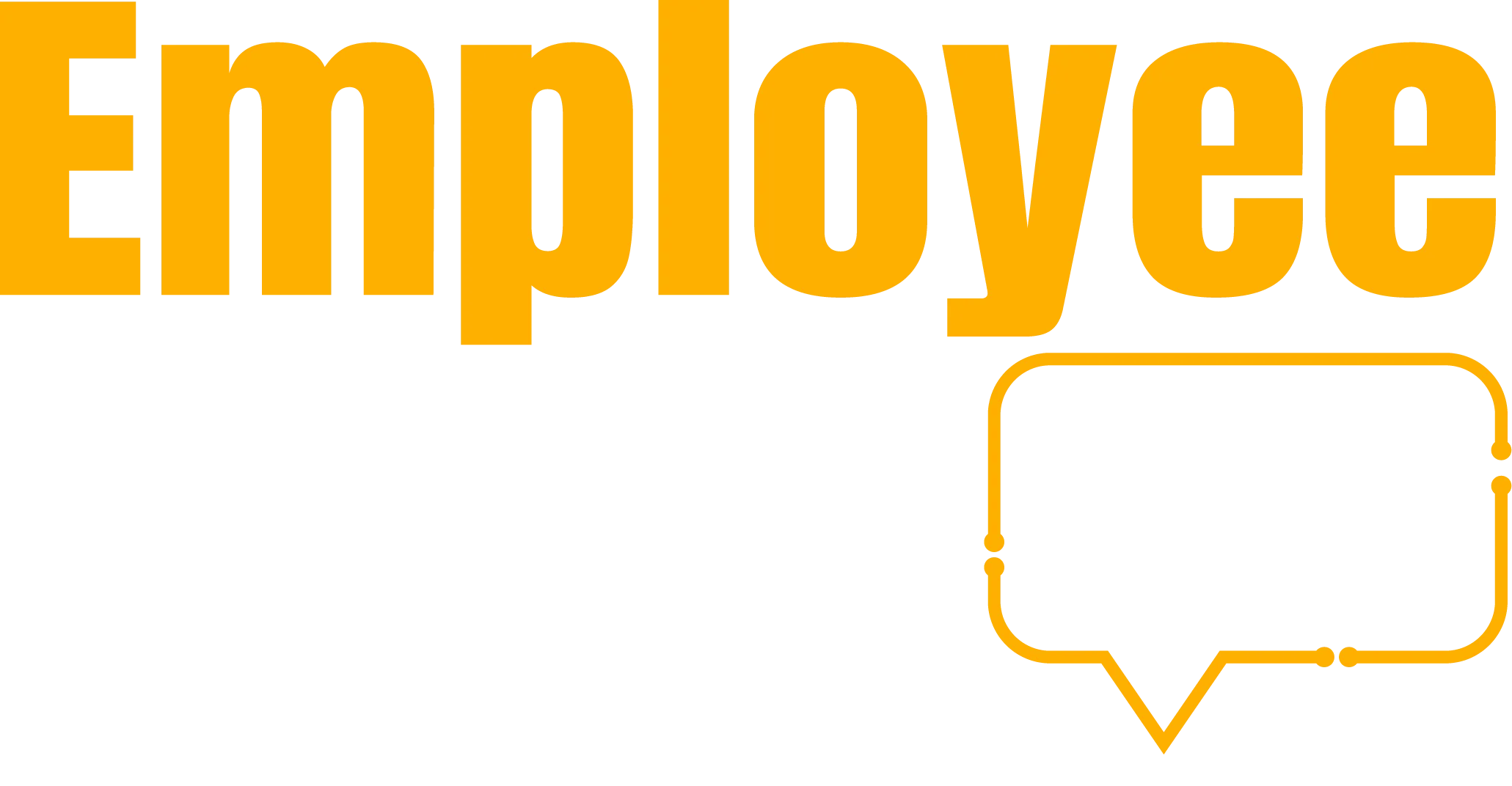A health card is your gateway to seamless healthcare access. It verifies your insurance coverage, simplifies cashless hospital admissions, and speeds up claim settlements. Whether in physical or digital form, keeping your health card handy ensures that you can get the medical care you need without unnecessary delays.
What is a health card?
A health card is an identification card provided by your health insurance company that serves as proof of your insurance coverage. It contains essential policy details such as your name, policy number, and insurer information. When you’re hospitalized, this card allows you to access cashless treatment at network hospitals meaning the insurer directly settles medical bills with the hospital.
Health cards are available in both physical and digital formats (e-cards).While the physical card can be shown at the hospital, digital health cards are becoming more common because they are easy to access and store on your phone or email.
Purpose of a health card
A health card is designed to make healthcare access faster and more efficient. It allows:
- Quick access to policyholder details, such as plan coverage and insurer contacts.
- A hassle-free claim process at network hospitals through cashless hospitalization.
- Easy identification during medical emergencies when paperwork may delay treatment.
In short, your health card acts as a key to unlock your health insurance benefits when you need them most.
Types of health cards
- Health Insurance Card – Issued by your insurer or Third-Party Administrator (TPA), this card is directly linked to your health insurance policy. It’s used to verify coverage and process claims at hospitals within your insurer’s network.
- Health ID Card (ABHA) – This card is part of India’s Ayushman Bharat Digital Mission (ABDM). It helps individuals maintain digital health records under a unique ID, enabling healthcare providers to access medical history securely across hospitals and clinics.
Information contained on a health card
A health card generally includes:
- Policyholder’s full name
- Policy or member ID number
- Insurer or TPA name and contact information
- Policy validity period
- Emergency helpline or claim assistance number
These details help hospitals verify insurance eligibility quickly, minimizing delays in admission or claim processing.
Benefits of a health card
Owning a health card offers several practical benefits:
- Cashless hospitalization at network hospitals, no need for upfront payments.
- Less paperwork, leading to faster admissions and claims.
- Access to digital medical history if you have an ABHA Health ID.
- Identity verification during emergencies, ensuring you receive timely care.
For employees, this card simplifies healthcare access and ensures financial support during medical needs.
How to download a health insurance card
If you’ve purchased health insurance, you can easily download your e-health card online. Here’s a quick guide:
- Visit your insurer’s or TPA’s portal (for Pazcare customers, log in to your Pazcare dashboard).
- Sign in using your registered email ID or policy details.
- Locate the “Download Health Card” or “E-card” option.
- Download the PDF version of your card.
- Save it on your phone or print it for hospital use.
Always keep a copy handy both digital and printed to ensure smooth hospital admission and claim processing.
Difference between health insurance card and health ID card
| Feature |
Health Insurance Card |
Health ID Card (ABHA) |
| Purpose |
Proof of insurance coverage |
Digital health record identifier |
| Issued by |
Insurance company or TPA |
Government (ABDM initiative) |
| Used for |
Cashless claims and insurance verification |
Accessing and sharing medical history |
| Data Included |
Policy and insurer details |
Health records, lab reports, prescriptions |
| Availability |
Provided with your health insurance plan |
Voluntary registration via ABHA portal |
Importance for employees and HRs
For organizations offering group health insurance, distributing and activating employee health cards is crucial. These cards allow employees to quickly access cashless treatment without worrying about claim paperwork or reimbursements.
HR teams should ensure that:
- Every employee receives their health card promptly after policy activation.
- Employees understand how to use and download their e-cards.
- Hospital partners recognize the card for faster admission.
This not only ensures employee safety but also builds trust in the company’s healthcare benefits.








.svg)
.svg)